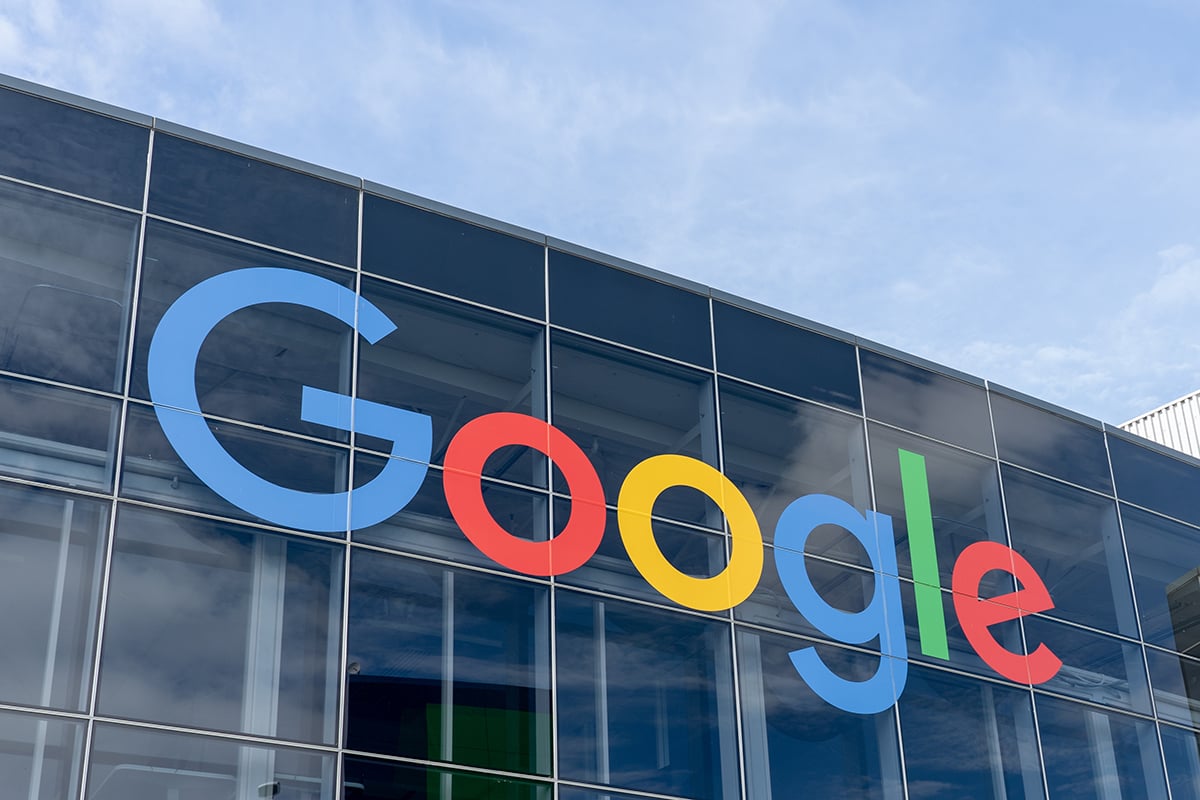In a significant legal victory, Google has overturned a €1.49 billion ($1.66 billion) fine imposed by the European Union (EU) over antitrust allegations related to its AdSense advertising platform. The EU’s General Court ruled in favor of the tech giant, concluding that the European Commission, the EU’s antitrust watchdog, did not fully consider the context surrounding the case, leading to the annulment of the 2019 fine.
Background on Google’s Case
The European Commission had fined Google, which operates under parent company Alphabet, for allegedly abusing its dominance in the online advertising market. The Commission argued that Google had placed restrictive conditions on third-party websites, preventing them from using rival ad platforms instead of AdSense to display search advertisements. These restrictions were said to have been enforced between 2006 and 2016.
This case was part of a broader effort by the EU to rein in major tech companies under the leadership of Margrethe Vestager, the European antitrust chief. Vestager had previously levied several hefty fines on tech giants like Google, Apple, and Amazon as part of the EU’s strategy to promote fair competition in the digital economy. Despite many successes, some rulings, like this one, have been overturned in court, highlighting the challenges in enforcing antitrust measures.
The Court’s Decision
While the General Court acknowledged Google’s questionable conduct, it annulled the fine, citing insufficient evidence that Google’s actions had a harmful effect on innovation, market competition, or consumers. The court’s ruling determined that these key factors were not proven to the necessary legal standard, resulting in the dismissal of the fine.
Google had already made changes to its AdSense agreements in 2016, removing the clauses that had triggered the Commission’s complaint. These contract modifications occurred before the European Commission’s final decision, potentially mitigating some of the damage cited in the original case.
The European Commission responded to the court’s ruling by stating that it would closely review the judgment and evaluate its options, including potentially appealing to the European Court of Justice. Should the Commission pursue an appeal, the dispute may continue for years to come.
Google’s Broader Legal Woes
The overturned AdSense fine is just one of many fines Google has faced in recent years. Since 2017, the company has been fined a total of €8.25 billion ($9.18 billion) by the European Commission for various antitrust violations. These include separate cases related to Google’s search engine practices, its Android mobile operating system, and its shopping services.
The €1.49 billion fine was originally initiated by a 2010 complaint from Microsoft, which accused Google of abusing its dominance in the advertising market to suppress competition from other ad service providers. The Commission upheld Microsoft’s claims, leading to the 2019 fine that has now been overturned.
Qualcomm’s Legal Struggles
In a parallel legal case, Qualcomm, another major tech company, also fought an EU antitrust fine. Although Qualcomm was able to slightly reduce its fine from €242 million to €238.7 million, the EU’s General Court rejected most of its arguments. Qualcomm had been fined for predatory pricing practices between 2009 and 2011, where the company allegedly sold chipsets at below-market rates to drive competitors, like British software maker Icera, out of the market.
Qualcomm may also appeal the ruling, potentially dragging its legal battle with the EU into further litigation.
Implications for the EU’s Antitrust Efforts
These rulings demonstrate the complexities and challenges the European Commission faces in regulating large tech companies. While Margrethe Vestager’s antitrust campaign has been impactful, the mixed outcomes of recent court decisions highlight how difficult it can be to defend these fines in the courts.
For Google, the annulment of the €1.49 billion fine represents a major victory, temporarily alleviating its mounting legal burdens in Europe. However, with the possibility of an appeal still looming, Google’s legal troubles in the region may not be fully resolved yet.
As the EU continues its crackdown on Big Tech, both Google’s and Qualcomm’s cases serve as a reminder of the fine line between promoting competition and encouraging innovation in the digital marketplace. These legal battles will likely influence how future cases are handled as regulators strive to maintain a balance between fairness and growth in the tech industry.







